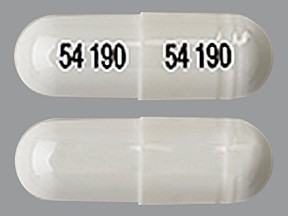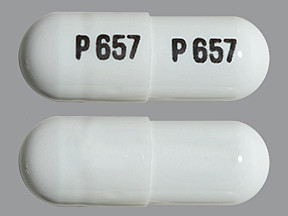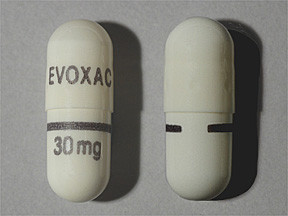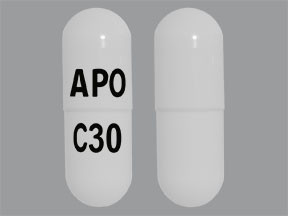CEVIMELINE - ORAL
PHONETIC PRONUNCIATION: (seh-VIMM-eh-leen)
COMMON BRAND NAME(S): Evoxac
GENERIC NAME(S): cevimeline HCl
Uses
USES: This medication is used to treat symptoms of dry mouth due to a certain immune disease (Sjogren's syndrome). Cevimeline belongs to a class of drugs known as cholinergic agonists. It works by stimulating certain nerves to increase the amount of saliva you produce, making it easier and more comfortable to speak and swallow.
How to use CEVIMELINE - ORAL
HOW TO USE: Take this medication by mouth with or without food, usually 3 times daily or as directed by your doctor. Dosage is based on your medical condition and response to treatment. Use this medication regularly to get the most benefit from it. To help you remember, take it at the same times each day. You may continue to drink water or use saliva substitutes as needed for moisture in your mouth. You may start to feel some benefit in 1 to 2 weeks. However, it may take up to 6 weeks to feel the full benefit. Tell your doctor if your condition persists or worsens.
Side Effects
Precautions
Interactions
Overdose
Images

- color
- white
- shape
- oblong
- imprint
- 54 190, 54 190

- color
- white
- shape
- oblong
- imprint
- P 657, P 657

- color
- white
- shape
- oblong
- imprint
- EVOXAC, 30mg
Reviews
Faq for CEVIMELINE - ORAL
Cevimeline is an oral medication that is used to treat symptoms of dry mouth in patients with Sjögren's syndrome, a condition that affects the salivary glands and causes dryness in the mouth and eyes.
Cevimeline works by stimulating certain receptors in the salivary glands, which increases the production of saliva, relieving the symptoms of dry mouth.
Cevimeline is usually taken three times a day, with or without food. It is important to follow the prescribed dosage and frequency as instructed by your doctor.
Common side effects of Cevimeline may include sweating, increased urination, nausea, diarrhea, stomach pain, and blurred vision. If these side effects become severe or persistent, it is important to inform your doctor.
Cevimeline may interact with certain medications, such as anticholinergic drugs, which can reduce the effectiveness of the medication. It is important to inform your doctor about all the medications you are currently taking to avoid any potential interactions.
Cevimeline may start working within a few days to a few weeks of starting the medication. However, the full effects may take several weeks to be noticeable.
It is generally recommended to avoid alcohol while taking Cevimeline as it can increase the risk of side effects such as dizziness and drowsiness.
The safety of Cevimeline during pregnancy and breastfeeding has not been adequately studied. It is important to consult with your doctor before taking Cevimeline if you are pregnant or breastfeeding.
If you miss a dose of Cevimeline, take it as soon as you remember. However, if it is already time for your next scheduled dose, skip the missed dose and continue with your regular dosing schedule. Do not double the dose to catch up.
Disclaimer
IMPORTANT: HOW TO USE THIS INFORMATION: This is a summary and does NOT have all possible information about this product. This information does not assure that this product is safe, effective, or appropriate for you. This information is not individual medical advice and does not substitute for the advice of your health care professional. Always ask your health care professional for complete information about this product and your specific health needs.

No Reviews Yet